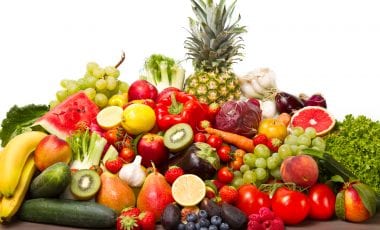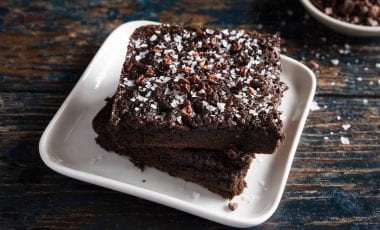
It’s not just what you eat. How you eat is also very important!
It is true that the diet can affect the health of the digestive system. Most people, however, focus on what to eat, believing that eating the “right” foods will be enough for a flat stomach. Of course not, the rules of this game are not that simple.
When it comes to improving health, weight loss and a well-functioning digestive system, most studies show that eating time is much more important than choosing a meal.
This should help us understand the importance of habits, both as a variety of food and as a way of eating.
Imagine that your stomach is a blender, than a place of your favorite troubles.
To make the grinding process easier, or not to stutter the engine, soak solid ingredients such as beans, lentils to soften or cut into very small vegetables before letting them into the blender. Paying attention not only to what we eat, but also to how we eat, will create habits that will prepare our food in advance to facilitate the process of mixing in the stomach.
As the summers have begun we all prefer to be indoors after our food as of course walking in the sun is not comfortable. Sitting or relaxing after your food leads us to become lazy and which slows the digestion of the food.
We cover 4 effective ways that will help you digest your food.
4 ways to improve digestion
1. Give your palate a rich range of flavors
Overeating could cause serious problems. One way to overcome it is to ensure a wide variety of tastes, which would satisfy the receptors of the language. When consuming healthy foods, you need to make sure you have a variety of fruits and vegetables, meat and probiotics. This tactic “deceives” the brain and thus the amount of food decreases at the expense of quality.
2. How often do you eat?
We have heard that eating small portions is often beneficial to metabolism, but in fact the problem is that almost constant eating does not allow the stomach to crumble food and rest. Breaking from the digestive process is essential for reducing the amount of stress of the entire digestive system.
The absorption and degradation of food takes place on the basis of spending a great deal of energy and requires rest between meals to recover. In this way an optimal level of performance of the whole process is achieved.
3. Slow feeding
We have all heard “eat slowly” as children, but unfortunately some of us cannot overcome the bad habit and later in life. Violent swelling on the food is detrimental to digestion, which could lead to overweight and non-acceptance of the satiety signal. Make sure your consumption is as low as possible, try also while eating to do nothing, and just think about food, taste and ingredients. The slower you eat, the faster you will be satiated. Try to take small bites and chew your food longer.
4. Rotate Food
The order in which you eat can also have a great effect on digestion as some foods break down more slowly than others.
These foods should be taken at the very least and left for the last time to allow the digestive system to “fight off” fast-disintegrating dishes.
Liquids, such as juices and water, for example, take about 20-30 minutes to be absorbed. Soups, fruits and troubles require about 30-45 minutes, and vegetables. Grain and starch products require 2-3 hours to crumble until the meat is completely degraded for 3 hours.
You will make a huge “service” of your digestive system if you are taking these foods in this order.
Along with the right way to eat your food a small walk post your food would also help in digesting your food. Remember Good Health is Real Wealth.
Never miss an update. Subscribe to our newsletter today.

